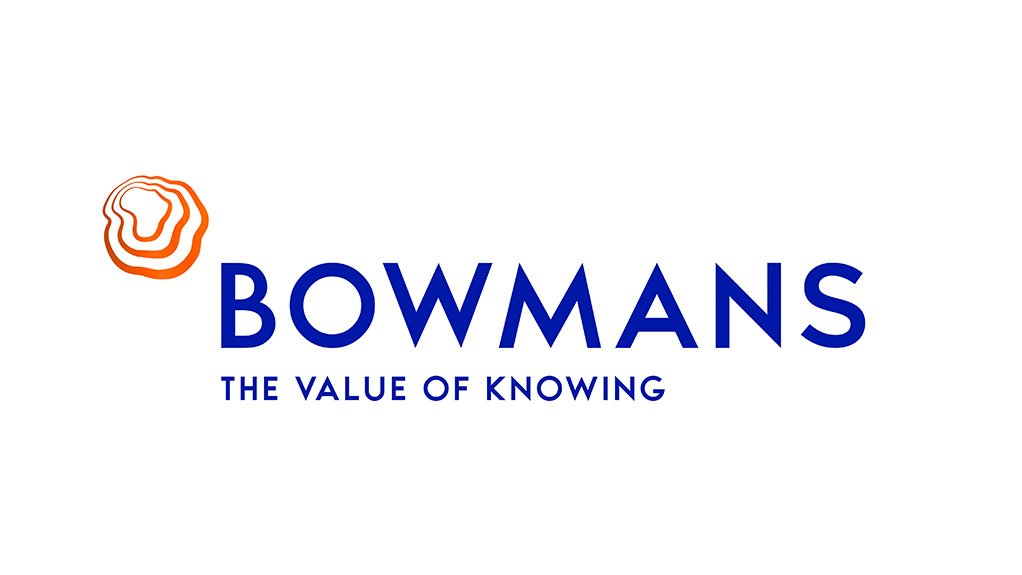Despite early court rulings in favour of policyholders, some businesses with COVID-19-related losses will not have business interruption cover in terms of the Financial Conduct Authority (FCA) test case determined in the United Kingdom (UK) at the end of last month.
The outcomes of the first test cases have shown that it is ultimately the wording of insurance policies that determines who is covered and who is not – and wordings are subject to widely differing interpretations.
So far, the court cases dealing with business interruption claims have largely gone in favour of policyholders. In the United States, policyholders have not been as lucky as most policy wordings require a direct physical loss in order for cover to be triggered.
Narrowing down interpretations
South Africa’s first case, decided in the High Court of Cape Town, found in favour of the policyholder, Café Chameleon. The insurer had rejected the business interruption claim on the basis that the policyholder’s loss was not covered under the Notifiable Diseases Extension clause in the insurance policy. The reason given was that the direct cause was the lockdown imposed by the Disaster Management Act Regulations and not the COVID-19 pandemic.
The High Court of Cape Town disagreed with the insurer’s argument and held that the insurance policy must be interpreted so its provisions receive fair and sensible application, having regard to the context and to ensure a business-like or commercially sound result. It further held that the policy cannot be interpreted with reference to other policies or based on generalised concerns about the impact of COVID-19 on the insurance industry at large.
In turn, the FCA case in the UK also made some key points on fairness to the insurer and insured alike.
The FCA test case is particularly important because although in layman’s terms, the UK High Court found that insurers must pay up, the Court did emphasise that liability of the insurer still needs to be considered in terms of the contractual terms and conditions.
The case also illustrates how the Court applies the principles of Treating Customers Fairly (TCF) within the constraints of the policy wording.
TCF therefore does not mean that fairness overrides the contract. Rather the terms and conditions and their application need to be fair to both parties. Contracts are expected not to provide an insurer with unfair advantage.
South African policyholders should therefore be aware that TCF needs to be applied within the confines of the policy wording. It is important that they understand what their policies do and don’t cover to ensure that they do not get themselves into the situation where there is no cover or where they need to take legal action to enforce their rights.
Regardless of the outcome of South Africa’s business interruption cases, what is clear is that TCF will become more concrete in terms of application and what is expected by both insurers and policyholders.
Focus on policy wording
The FCA test case required the UK High Court to scrutinise policy wordings with a fine-tooth comb to determine whether the various policies it looked at covered non-damage business interruption cover.
High level findings included:
- A policy provided business interruption cover where the insured could show that the loss resulted from COVID-19 from the date when the disease occurred in the 25-mile radius, either by reason of the actions, measures and advice of the government or the reaction of the public in response to the disease.
- If the policy wording required an ’event’ to occur to trigger cover, then occurrences of the disease at different times and in different places would not constitute the same event and so the policy would not provide cover.
- An insured would only have cover in terms of prevention of access by a public authority if access to, or use of, the insured premises was prevented or hindered as a consequence of government or other authority action or restrictions pertaining to the insured’s particular business. The High Court said there was a distinction between businesses that were mandated to close versus those whose revenue dropped because people chose to stay at home.
- In interpreting some of the trends clauses, the COVID-19 pandemic and the government and public response were a single cause of the covered loss. The High Court found that where the insured has established a loss caused by an insured peril, it would seem contrary to principle, unless the policy wording so requires, for that loss to be limited by the inclusion of any part of the insured peril in the assessment of what the position would have been if the insured peril had not occurred.
Implications for SA policyholders
The FCA judgment is useful to South African policyholders where their policy wordings are similar to the ones decided under the FCA test case. In this instance, South African courts will use the judgment as guidance in making their decisions.
Regardless of the outcome of the various business interruption claims under way in South Africa, we can expect that policy wordings will be amended in order to prevent ‘interpretation’ issues going forward. Insurers must be explicit in what they do or do not want to cover.
Written by Christine Rodrigues, partner at leading African law firm, Bowmans
EMAIL THIS ARTICLE SAVE THIS ARTICLE ARTICLE ENQUIRY
To subscribe email subscriptions@creamermedia.co.za or click here
To advertise email advertising@creamermedia.co.za or click here











